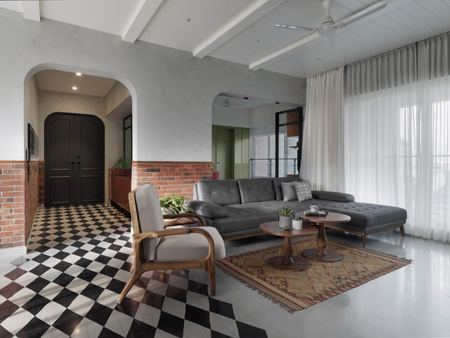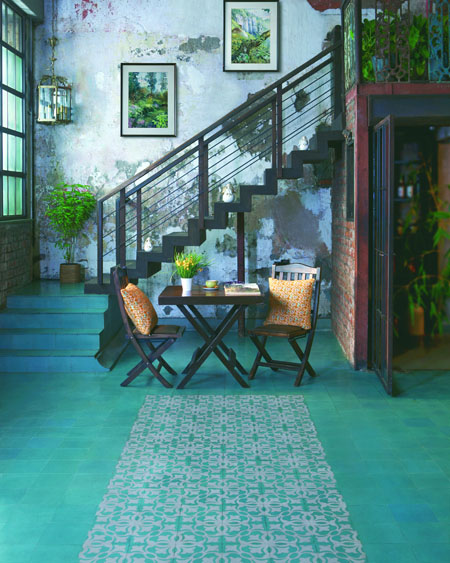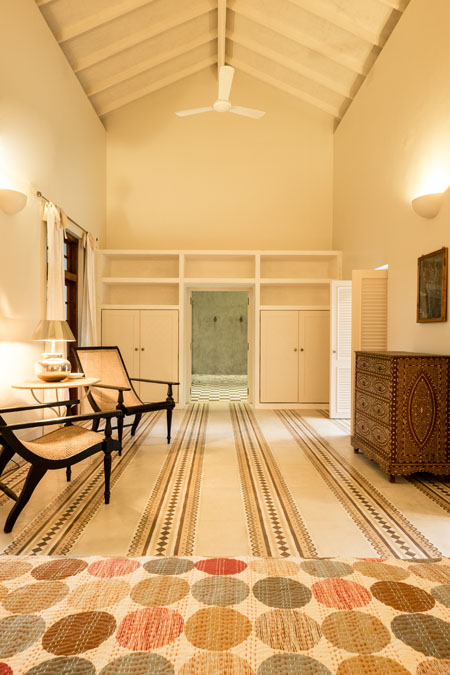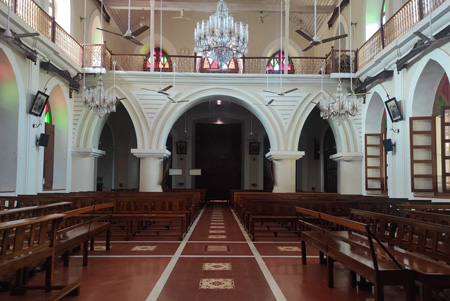100 Years
100 Stories

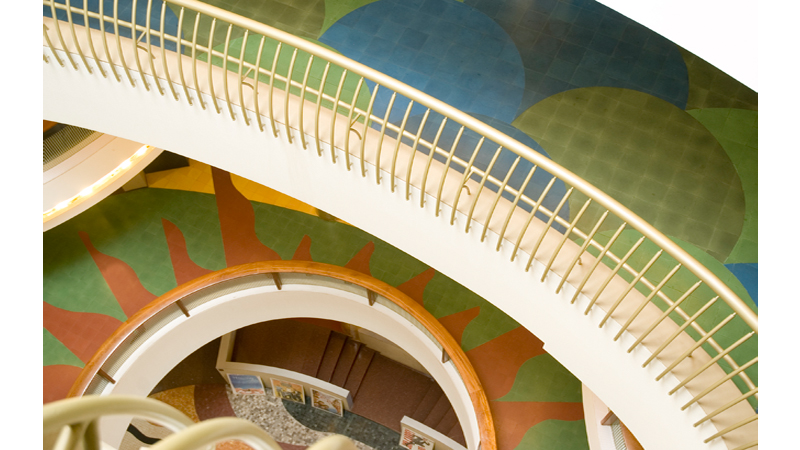
Unitinta tiles in various shades at the 24-Karat Multiplex in Mumbai. Interior: Nitin Kilawala, Courtesy: BFT Archives
When you walk into BFT’s showroom in your city, among the many striking products on display, your eyes will briefly rest on a tile that looks…let’s call it plain jane.
A single block of colour. No patterns, no motifs.
You might find it underwhelming. You might want to walk past it, moving onto the next intricately patterned tile. But you should reconsider.
This is BFT’s Unitinta tile - literally meaning “one colour” - and has been in the offering for a hundred years. Although the Unitinta range is one of the oldest continuous products, it has never quite achieved a following like the Heritage ™ or the Terazzo range of tiles. As historians, we’d give it a miss too, but as we engaged with one archival photograph, or record, after another, the tile’s versatility and ageless elegance became apparent.
Think of the Unitinta range as a box of paint that one can use to make a stunning masterpiece on the floor. A scalable material, the tiles can be laid by themselves or mixed with designs to create a canvas of bewitching patterns or textures which can add warmth to a space, lend a cool neutrality, make an edgy statement or add a bit of drama and sparkle.
Architects, designers and homeowners have used Unitinta tiles in a myriad creative ways. There’s the dramatic checkerboard effect, seen in Darbhanga Mansion in the 1960s, and in Gun House, Mumbai, residence of the GOC-in-C of the Western Command, laid in the 1930s in a striking design, that has since been reportedly removed . Simple in concept and execution, checkerboard floors are visual show-stoppers; all else pales in comparison. The Bombay High Court’s corridors in yellow, black and grey plain tiles elevate the sombre structure as does the classic black and white combination, more recently used, in a private residence in Pune.
In city homes and social spaces such as bars and restaurants, the Unitinta tile, combined with dashes of patterned tiles has helped in creating an illusory carpeted experience. The endless combinations afforded by mixing plain cement tiles and patterned tiles make each floor literally ‘one of a kind’. The Kasauli Club did just this, cutting through plain floors with a crisscross of patterned tiles. In The Pali Village Cafe, the iconic Classic Beauty design is set against vibrant blue swathes of Unitinta, demarcating public and semi-personal spaces in this fashionable Bandra eatery.
A completely novel use of tiles has been made in Villa Azul, a holiday home in Goa where Unitinta and patterned tiles have been laid in strips along the length of the room.
With a growing awareness of preserving our built-up heritage, Bharat collaborated with numerous conservation architects in restoring heritage structures across India and BFT’s Unitinta range has been used extensively in such projects. One of the hallmarks of a Bharat Tile is its eye-catching and long lasting colour. The Unitinta range, especially in colours such as Terracotta red, Jaisalmer Yellow and Jade Green invoke traditional red-oxide and stone flooring seen in pre-modern structures. Mani Bhavan, the Bombay residence of Mahatma Gandhi during the critical years of India’s Independence and St. Anthony’s Church in Goa are a few examples where the plain cement tile is used effectively. According to Jose Noronha, the conservation architect in charge of restoring the Goan church, Bharat's Unitinta tiles were the “most suitable replacement” in place of the Portuguese tiles. The Unitinta tiles were also the preferred choice of Architect Kasim Ali Khan when he restored the Secunderabad Club in Hyderabad, thereby retaining the magnificence of the age-old heritage building.
This is your cue. Choose Unitinta because you’ll be creating a unique floor that pushes the boundaries of creativity.
You may also like
-
 55Faiyaz MukhtiarSolid, dependable and meticulous. Here is how we would define Faiyaz Mukhtiar, CEO of BFT.Read More
55Faiyaz MukhtiarSolid, dependable and meticulous. Here is how we would define Faiyaz Mukhtiar, CEO of BFT.Read More -
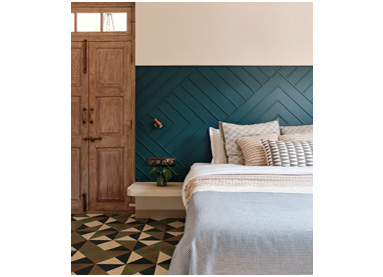 56Holiday with BharatView breathtaking holiday homes done up in Bharat's floors.Read More
56Holiday with BharatView breathtaking holiday homes done up in Bharat's floors.Read More -
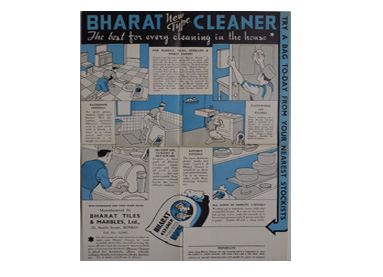 57Archval Find: Bharat Cleaner adWe found one of Bharat's earliest products, the all-surface cleaner, while rifling through the archive. Give it a look !Read More
57Archval Find: Bharat Cleaner adWe found one of Bharat's earliest products, the all-surface cleaner, while rifling through the archive. Give it a look !Read More

